To achieve the ideals of growth and development coupled with social justice, rural community structure is viewed as an effective instrument of change and development. At the same time, articulation and transmission of demands supplemented by support structure, provides constant information to the decision makers at the appropriate level, which help in maintenance of order in the society. This also accelerates the goals of promoting welfare. Role of local leadership in formulation and implementing of plans/ schemes certainly conditioned by the socio-economic status in the given society and here lies the importance of not only the efficient and well-meaning administration but also of decentralized local leadership. In the present study, panchayati raj leadership has been judged and evaluated on the set parameters of role behaviour and interpersonal relationship which is basically shaped and determined in the background of socio-political status of the actors. In the framework mentioned, the present study highlights, three major factors, i.e. local power structure, structural norms and role performance in local political process influencing institutional structure and determining the tone and temper of functioning of rural local government. This study is of special significance so far as identification of expectations of the people and effectiveness of leadership in motivating the people to participate in the rural development programmes, are concerned. It is expected that the volume in hand may help the planners, practitioners and academics especially interested in the contures and functioning of democratic decentralized institutions.
Rural Leadership in a Welfare Society
by B.M. Verma
$9.90
$11.00
In stock
Free & Quick Delivery Worldwide
All orders amounting to US$ 50 or more qualify for Free Delivery Worldwide. For orders less than US$ 50, we offer Standard Delivery at $14 per book.
ABOUT THE AUTHOR B.M. Verma
Dr. B.M. Verma (b. 1936) M.A., Ph.D. in Sociology (Gold Medalist)from Institute of Social Services, Agra, presently on the faculty of the Indian Institute of Public Administration, New Delhi, has conducted several research studies and consultancies on the problems of Cast, joint Family, Panchayati Raj, Bonded Labour, Social Welfare and Development of Scheduled Castes and Rural Development, including IRDP, TRYSEM, DRDA and Rural Industralisation. Dr. Verma has contributed many research papers to professional journals, and books brought out at National and International levels. He has published two books, viz. (i) Decentralisation in Administration (1990), (ii) Administration of Agricultural Development (1989). Besides this, he is co-author of a book and a Report submitted to the National Commission for Scheduled Castes and Scheduled Tribes, Ministry of Welfare, Government of India. He has participated in a number of Seminars, Conferences, Training Programmes and Workships organised by the National and International Agencies including Economic and Social Commission for Asia and Pacific, Eastern Regional Organisation and United Nations Organisation. He has presented two country papers on (i) "Agricultural Delivery Service System in India" in XI EROPA Confernece (1985) in Bangkok (II) "Decentralisation for Rural Development in India-A Case Study" in the First Project Review Meeting on" Decentralisation for Rural Development which was sponsored by Asian and Pacific Development Centre Malaysia in collaboration with Konrad Adenauer Foundation, Federal Republic of Germany.
reviews
0 in total
Review by Anonymous
Be the first to review “Rural Leadership in a Welfare Society” Cancel reply
You must be logged in to post a review.
Bibliographic information
Title
Rural Leadership in a Welfare Society
Author
Edition
1st ed.
Publisher
ISBN
8170993342
Length
xii+241p., Tables; Notes; Reference; Appendix; Bibliography; Index; 23cm.
Subjects

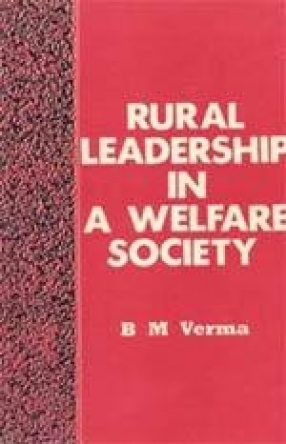
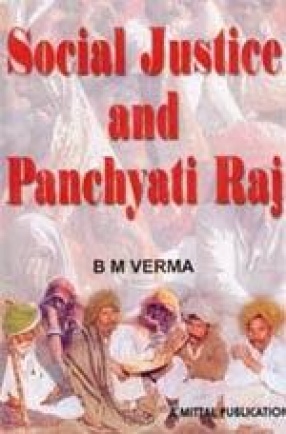
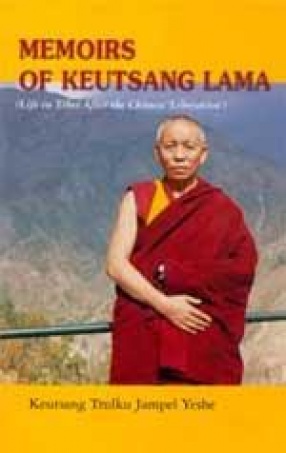
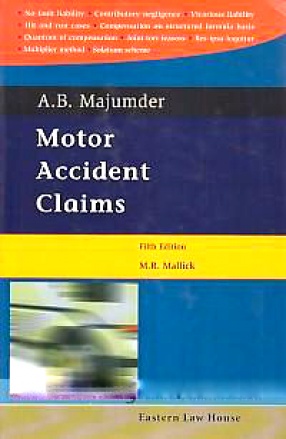
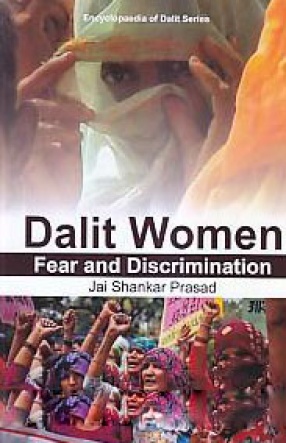
There are no reviews yet.